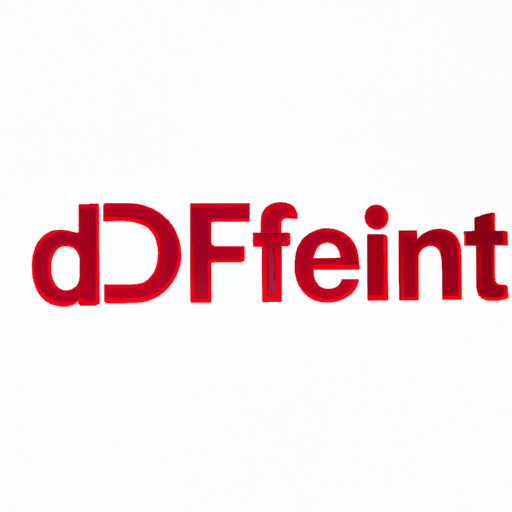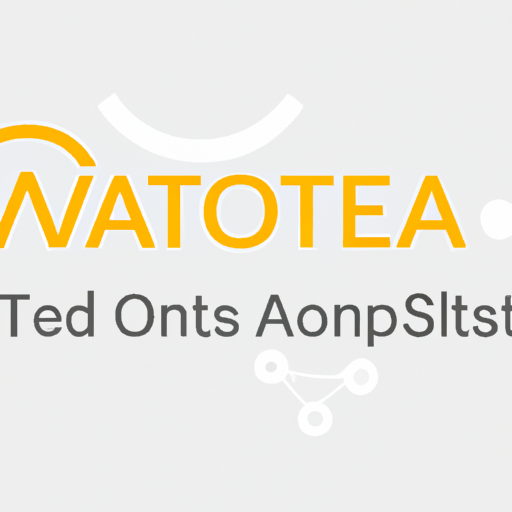In the rapidly evolving landscape of artificial intelligence and machine learning, Federated Learning has emerged as a revolutionary approach to building models while maintaining data privacy. This method stands out because it enables training on data residing on multiple devices without the need to centralize it. As AI becomes more pervasive in our lives, understanding the implications of Federated Learning is crucial.
What is Federated Learning?
Federated Learning is a distributed machine learning technique where multiple devices collaborate to train a shared model while keeping their individual datasets localized. Each participant, such as mobile phones or edge devices, performs computations on its local data and shares only the model updates (not the data itself) with a central server. This process keeps sensitive data secure and private.
Benefits of Federated Learning
- Enhanced Data Privacy: Since raw data never leaves the devices, users can maintain control over their personal information.
- Reduced Latency: Local model training can enhance the responsiveness of applications, crucial for real-time AI.
- Efficient Use of Bandwidth: By sending only model updates instead of full datasets, Network bandwidth usage is minimized.
- Personalized Models: Federated Learning allows for the development of models tailored to individual user behaviors and preferences.
Challenges and Limitations
Despite its advantages, Federated Learning comprises several challenges:
- Data Heterogeneity: Devices may have different amounts of data and feature distributions, complicating the training process.
- Communication Efficiency: Frequent communication between devices and servers can cause delays and potential overhead.
- Security Risks: While raw data is kept private, vulnerabilities can still exist during the transfer of model updates, leading to potential model poisoning.
Future of Federated Learning
The rise of decentralized AI through Federated Learning could tremendously impact various industries, from healthcare to finance, by enabling personalized experiences without compromising privacy. As technology advances, we can expect better algorithms to handle challenges like data heterogeneity, security measures to safeguard communication, and wider adoption of federated models across sectors.
Conclusion
Federated Learning represents a significant step toward a future where data privacy and machine learning coexist harmoniously. As we continue to harness the power of AI, understanding and implementing Federated Learning will be vital in shaping a secure, efficient, and decentralized digital landscape.
Stay ahead of the curve in AI innovations and embrace the future of machine learning with Federated Learning!




